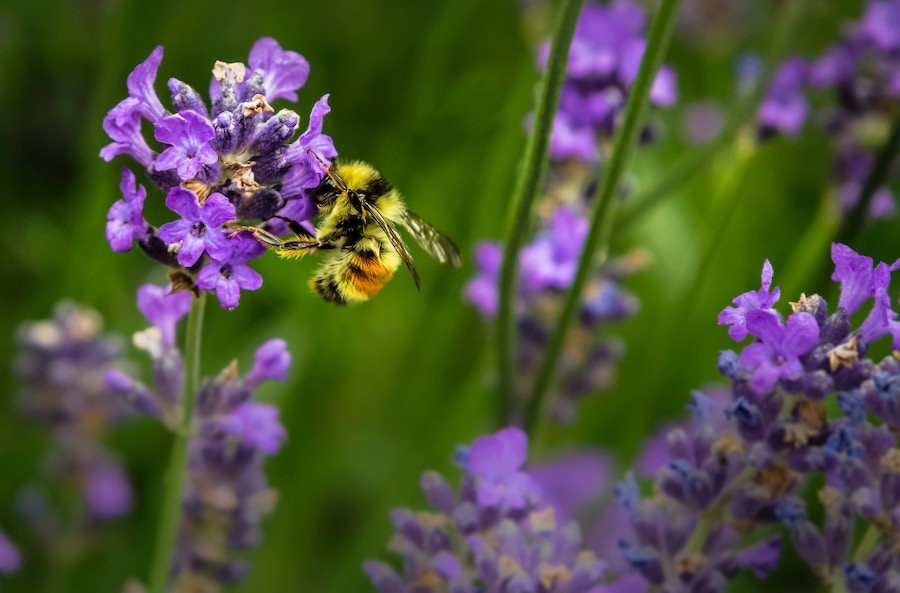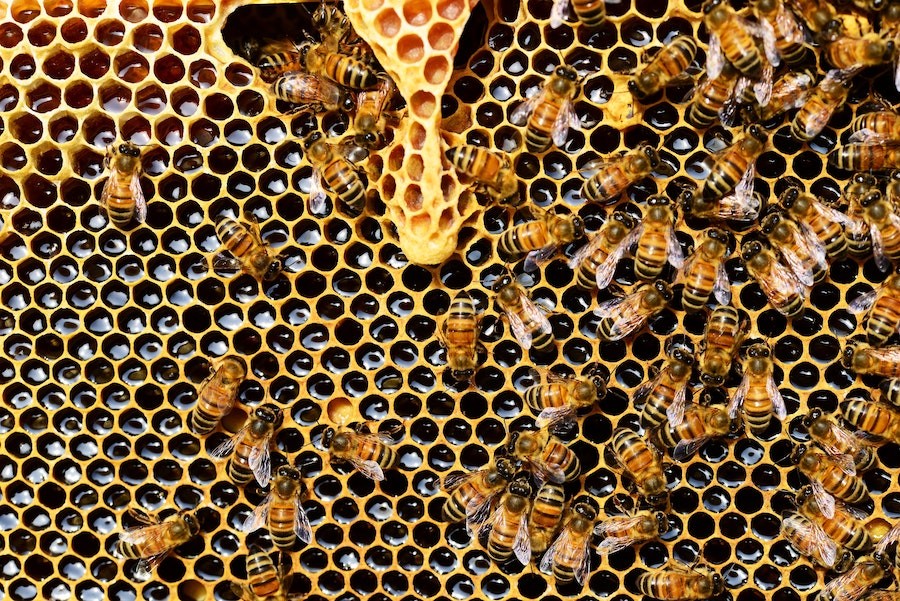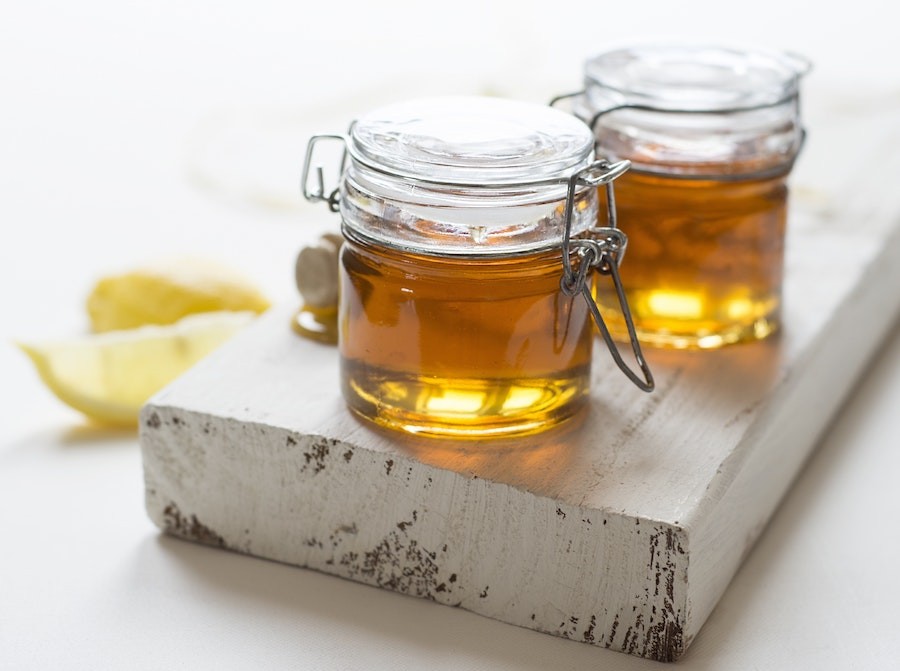
“The hum of bees is the voice of the garden”
Elizabeth Lawrence
Now that the sun is starting to make a more regular appearance, we’re delighted that our garden is slowly coming back to life. Read on for practical advice on how to help protect the bee population, avoid common mistakes and tips for getting started as a beekeeper.
The buzz of bees in the garden is something we probably all take for granted, but sadly our stripey friends are in trouble.
The Friends of the Earth ‘Bee Cause’ campaign reports that there are currently 35 bee species under threat of extinction and the general population of bees is in decline across the UK.
Given that bees are an essential part of our natural environment, this is very worrying news.
Why are bees so important?
Bees are excellent pollinators. As well as producing honey, bees are also responsible for pollinating a lot of the plants that produce our food including fruit, vegetables, coffee and vanilla (to name just a few examples). Bees are even responsible for pollinating the cotton plants that are used to make the clothes we wear.
To put that into context, without bees pollinating our crops it’s estimated that it would cost UK farmers £1.8 billion a year to do the same job. Our food would become a lot more expensive and our economy would suffer.
Why is the bee population in decline?
There are several factors responsible for the declining population of bees.
An increased use of pesticides is having a negative impact on bees. The chemicals sprayed on crops and in our gardens can affect the bee’s central nervous system, which will hamper their ability to feed, navigate, forage and reproduce.
Modern intensive farming methods and an increase in new housing developments and built up areas have reduced the accessibility of hay and flower meadows, hedgerows, trees and other habitats such as ponds and water meadows. These areas would normally provide bees with flowers to forage and safe places to nest. Without them bees struggle to breed and there’s a negative impact on pollination.


How can we help?
The good news is that we can all do our bit to help bees survive and thrive, and it’s the perfect time of year to make a start. We’ve put together a few simple ideas to get you started:
Feed the Bees
For bees to survive they need access to a wide range of plants to feed from throughout Spring, Summer and Autumn.
Get green-fingered and focus on growing bee-friendly plants which will provide plenty of nourishment. Some popular suggestions include cornflowers, sunflowers, sweet williams, bluebells, honeysuckle and foxgloves.
Think twice before digging up ivy from your garden
Researchers from the University of Sussex discovered that honey bees, as well as butterflies and other flying insects, are big fans of ivy. They rely upon it’s nutrient rich nectar and pollen during the Autumn months when they need to build up stores for winter and feed their young.
Don’t leave sugared water in your garden
Last year a Facebook post, claiming to be from Sir David Attenborough urging people to leave sugar water out for struggling bees, was revealed as fake.
In response to the news a spokesperson for the RSPB said:
“It’s a nice thing to do and it makes people feel good about themselves, but it’s only a short term solution for a bee. You’re giving it a sugar buzz, but what they really need is nectar. What people can do to help is plant flowers that flower all year round. By all means if you spot a tired bee give a tired bee a drink of sugar water on a spoon, but don’t leave it out readily for them."
Create Shelter
Bees will be glad of a quiet dry spot where they can rest or even hibernate in.
There are lots of read-made bee boxes available to buy online that are easy to set up. Alternatively, you can make your own bee nature reserve by piling stones, dead leaves and logs in a sheltered corner of your garden.
Countryfile have a fantastic tutorial to help you make your very own bee house.
Reduce Pesticide Use
Please use only natural or bee-friendly pesticides in your garden! Chemical pesticides can kill bees straight away when they come into contact with it. Or the bees may transport contaminated pollen back to the hive which can have a devastating effect on a large bee community.
If you absolutely must use chemicals, make sure you only spray early in the morning or late in the evening when its cooler and the bees are less active.
Take up beekeeping
Keeping honeybees can be a fascinating hobby, with the added advantage of being able to harvest your own honey to share with family and friends.
We have a wide range of Beekeeping courses throughout the UK listed on our website.
From introductory beekeeping workshops, through to advanced beekeeping courses, hive making programmes and Beekeeper for a Day experiences. We have something to suit everyone.




